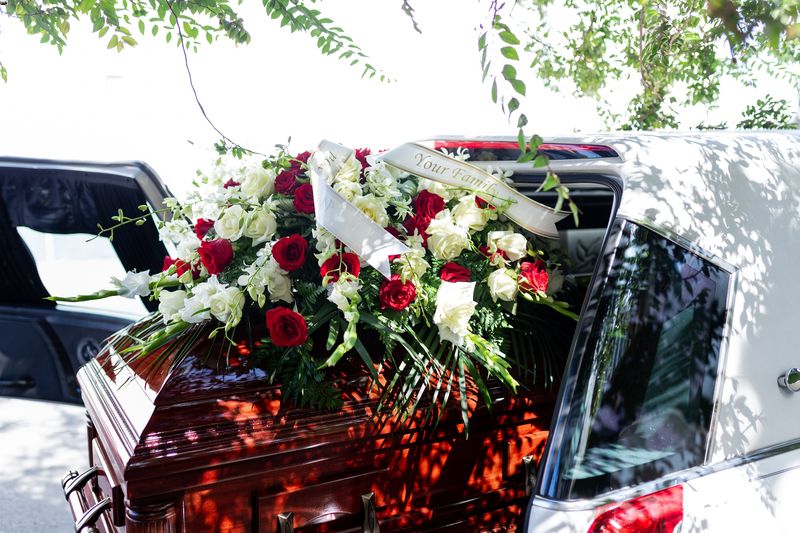
The purpose of Workers’ Compensation is to provide benefits to covered employees who suffer a job-related injury.
Under the Workers’ Compensation system, the employee is not required to prove fault in order to receive benefits, as long as that employee releases potential legal claims against the employer for that injury.
In the event of a worker’s death, workers’ compensation policies provide death benefits. These benefits cover the cost of the funeral and offer financial support to the deceased worker’s family
But what if your spouse dies while receiving Workers’ Comp benefits? Cottrell Law Office can help answer your questions.
General Rules Regarding Accrued Benefits
Is a spouse entitled to workers’ comp settlement? If your spouse was receiving Workers’ Comp benefits, such as temporary total disability or permanent partial disability, you may be entitled to receive any unpaid compensation your spouse would have been due, up to the date of his or her death.
Surviving spouses and dependent children are most often eligible to receive accrued compensation in this situation.
Also, anyone who provided services or paid bills that relate to the injured worker’s death may also be entitled to compensation.
Missouri’s Law Regarding Accrued Benefits
Each state has its own rules and regulations governing when and how Workers’ Comp benefits are to be paid.
In Missouri, for example, if an employee passes away while still receiving benefits due to a work-related injury, his survivors are not entitled to continue receiving weekly benefits.
Instead, the survivors may receive a lump-sum payment for permanent partial disability or the accrued benefits of the deceased worker, up to the date of death.
Applying for Accrued Benefits after the Death of a Spouse
Generally speaking, you should submit a written request to your state’s Worker’s Compensation division (Arkansas Workers’ Compensation Commission; Missouri’s Division of Workers’ Compensation) along with proof of your relationship to the injured employee, such as a marriage certificate.
Also, a copy of your spouse’s death certificate is likely required.
Accrued Benefits are Different from Death Benefits
If an injured worker dies as a result of a workplace accident or occupational disease, then the worker’s dependents may be eligible for death benefits.
The difference is, death benefits are ongoing, after the worker’s death.
Death benefits may be awarded to a surviving spouse; dependent children under the age of 18 years old; dependent children 18 to 25 years old, who are attending an accredited educational institution full time or are physically or mentally incapacitated.
Types of Death Benefits
In Missouri, the weekly death benefit is usually 66 2/3 % of the employee’s average weekly wage for the year preceding the fatal injury.
The employer is also responsible for paying up to $5,000 in funeral expenses.
In Arkansas, when an employee dies as a result of a work-related accident, his or her dependents may receive workers’ comp benefits, including a one-time funeral expense payment up to $6,000.
A widowed spouse, with no dependent children, is usually entitled to 35% of the spouse’s average weekly wage until that spouse’s death or remarriage.
If there are also dependent children, the benefit rises to either 50 percent of the worker’s average weekly wage, or to the maximum compensation rate, depending on the number of children.
Contact Our Workers’ Compensation Attorneys Today
If you have questions regarding survivor benefits, or any other Workers’ Compensation issues, call the Cottrell Law Office at (888) 433-4861 or send us an online message.


